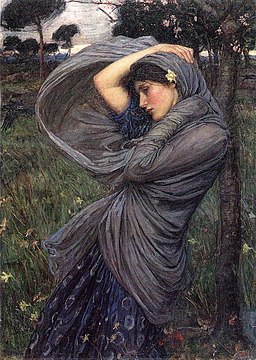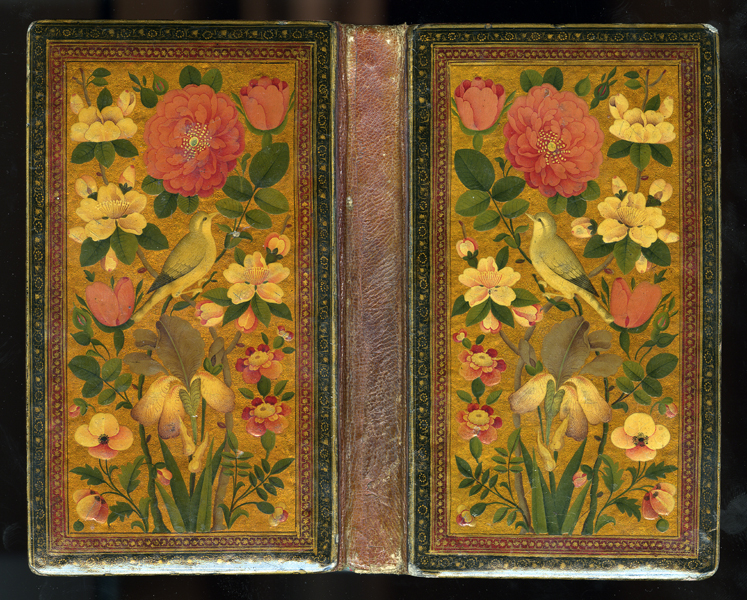As the Wind Blows
— John 3:8, from the American Standard Version of the Bible.
The wind blows pollen from male trees in towns and cities across the country, and because there are far fewer female trees planted due to the perceived messiness of their fruits and seeds, much of the pollen lands instead in the breathing passages of people and animals, provoking allergic reactions. For trees, it’s an isolating and nearly sterile environment. Rain washes the pollen away from the streets and the houses and the cars eventually, but the people and animals have already inhaled more than some can tolerate.

Boreas, a 1903 painting by John William Waterhouse (1849-1917).
Love scene from Vertigo, a 1958 film directed by Alfred Hitchcock and starring Kim Novak and James Stewart. Bernard Herrmann wrote the haunting score.
Would it have been better not to listen? Better to shut the windows against the noise, the pollution, the pollen, and everything else carried by the wind? Everyone has to make up their own mind about it, and things change and therefore minds change as well. Even a person who rarely feels lonely can suddenly understand what it means when experiencing the loss of a loved one, or when falling in love with someone whose absences leave a void filled only with reveries of times spent together and dreams of future unions.
Dutch harpist Lavinia Meijer performs “Metamorphosis Two”, by American composer Philip Glass. Mr. Glass wrote the piece in 1988 and recorded it in 1989, and in 2002 he incorporated it into his score for the film The Hours.
— Ed.

Linda Ronstadt sings lead, with harmonies by Emmylou Harris and Dolly Parton, for their rendition of “Feels Like Home”, written by Randy Newman.


